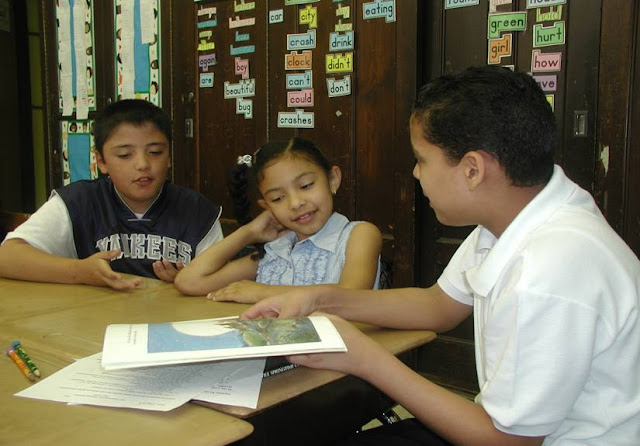The Dangerous Part of the Writing Workshop

‘ We have reached the most dangerous part of our lesson young writers’ I announce to the group of students seated before me. I lower my voice and lean towards them… ‘We must be careful going back to our seats to start our writing. There is a danger of being ambushed and taken away from your mission. Do not let anyone distract you from commencing the writing mission you have just discussed with your writing buddy. Someone may try to strike up a conversation that may lead you off course. Who can make it back to their writer’s notebook safely without being drawn away from their mission? Stay alert to the danger. It's all around you. ' They all smile knowingly. It’s all a bit of a game, but the truth is I am aiming to narrow the distance between the young writer’s intentions and actions. I want every writer in the room to have the best possible chance to fill the blank page with their amazing words. So, it becomes critical they become aware of th...

